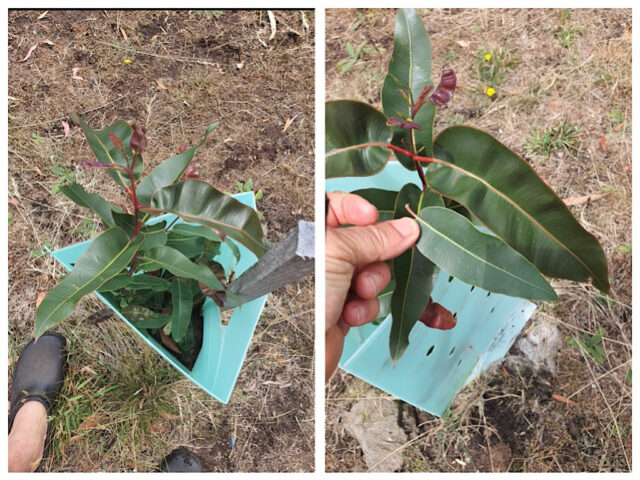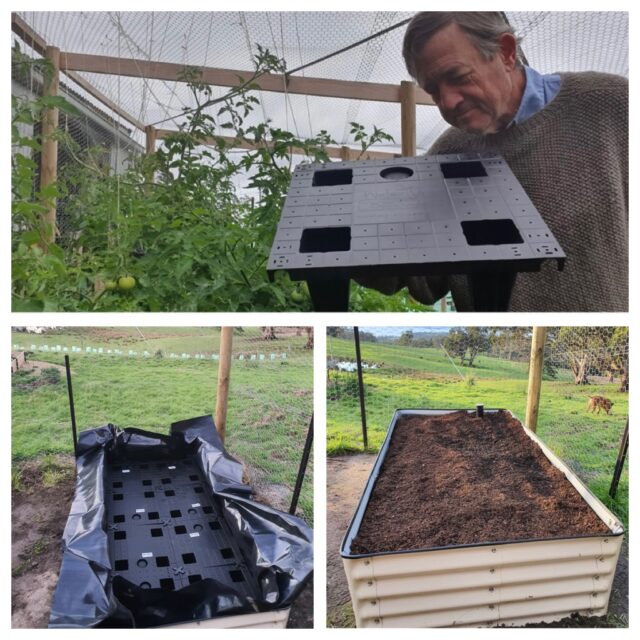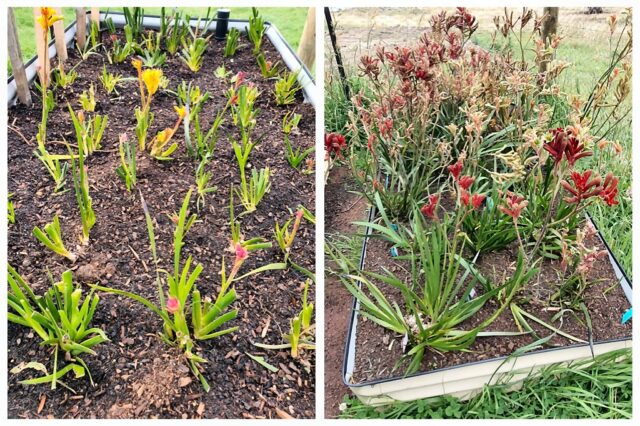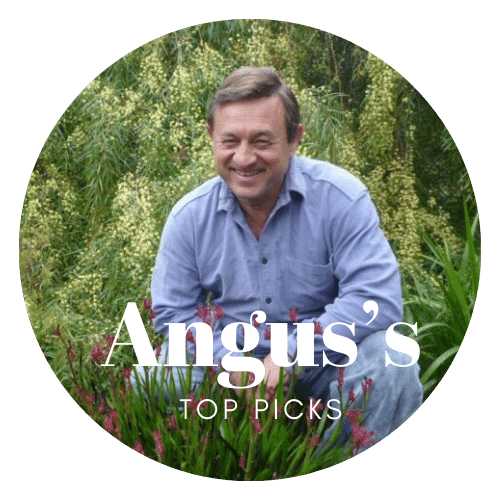As we embark upon a new year, it is an opportunity like no other for all of us to reflect on where we are going after the profoundly momentous year that 2020 turned out to be. The pandemic has highlighted a whole lot of things to the world about the place of humanity and how precarious our place in it can be. An invisible organism that amounts to not much more than a speck of DNA in the form of a coronavirus and was totally new to humanity was able to spread to every corner of the globe where humans exist, and completely upend our way of life in spite of all our sophisticated technology and science. As you are reading this, scientists are grappling with the fact that this new virus is continuing to evolve with new mutations in its DNA that appear to be making it even harder to deal with. As an agricultural scientist by training, I have watched with the greatest admiration and awe for our medical scientists and health professionals as they race around the clock to save lives and create a protective vaccine (often in spite of individuals who are undermining their efforts for reasons best known to themselves).
Whist there undoubtedly was untold tragedy and suffering last year, and our hearts go out to those who were badly affected, there were nevertheless some positives. We learnt that we could work together as a community in Australia to keep the virus from getting completely out of control, and we also could observe how the undermining of community values in other countries could have devastating effects. Many of us also learnt that we did not need to travel backwards and forwards from cities to do our jobs, rather we could use technology to save both time and carbon emissions from vehicle exhausts. Walking the dog became an unexpected relief from lockdowns, giving our pets and ourselves some excellent exercise, both mental and physical. Growing your own food suddenly became such a trend that vegetable seedlings replaced toilet paper in flying off the shelves (not to mention that chooks also became as scarce as hen’s teeth – Dad joke apology). Many of us are now in a position to do this on a permanent or semi permanent basis and put our work on a more environmentally friendly footing. Every individual action can all add up to one major community effort to reduce our carbon footprints.
As a humble horticulturist I despair at times that there is an increasingly vocal crowd of people who are anti-science (whilst using the communications technologies that science has created to distribute their misinformation…..). There can be no doubt that science has created and contributed to some of the world’s problems, but like many things in life, it is how they are applied that is the issue. I have spent a lifetime working as a horticultural scientist trying to use science to make life not only more sustainable, but more enjoyable as well. There is that old saying that ‘agriculture makes life possible, but horticulture makes life worthwhile’.
It is always heart warming when we receive feedback from you about how useful you find the information on our website and we thank you for that. Our ethos is that we are sponsored by a wonderful group of Australian owned and run businesses such as the many small nurseries that specialise in Australian plants, to companies like Tumbleweed that manufacture compost bins and worm farms from recycled plastics and Neutrog, a South Australian fertiliser company that concentrates on biologically active fertilisers, and Envirosafe who make fly traps that eliminate the need to use poisons as a control method. Australia has been something of a quiet achiever in innovative businesses that can benefit the world in different ways. My sponsors definitely fit that description. We hope that the events of last year demonstrate abundantly that supporting good Australian run and owned business helps us all, and hopefully this movement will grow. Too often our great ideas have gone elsewhere! Our growers and manufacturers have a great track record of producing to better standards, and I think it is important to not only support Australian owned, but also Australian made. This will see money stay right here and thus create more jobs, and also better quality products.
We see our role as being educators about Australian horticulture and to that end we are constantly trialing new plants and products to see what we are comfortable with recommending to you. As well as educating you on how best to use (or not use) each product. Here is an example of a little trial I did with Neutrog’s liquid product ‘GoGo Juice’ which is a biologically active liquid that not only adds precious carbon and organic matter to the soil but also stimulates beneficial microbe activity that benefits plant growth enormously through the growing season.

The dramatic increase in leaf size resulted from a watering to a red flowering gum sapling with Neutrog’s Gogo Juice a couple of weeks earlier.
I also want to mention one of our newer sponsors, Waterups, who have created a series of innovative wicking bed products that are so much more water efficient if you are looking for a way to grow your own food.

WaterUps cells, a great reuse of plastics that would otherwise be buried in landfill, to create water efficient wicking beds
As well as using my Waterups beds like this, I am also using them to grow my kangaroo paw varieties like Bush Pearl that flower all year round as a trial for my friends in the Australian native plant cut flower industry. More on this subject in the next newsletter.

Some of my breeding stock of kangaroo paws, they are thriving with the regular moisture provided by the wicking beds
We hope that you will support our wonderful sponsors as well as having a good look at our online shop, as any purchases you make help us create more new content for the website.
Myself and the Gardening with Angus team would like to wish everyone a productive year ahead and we will continue to strive to bring you the best in Australian horticulture. For our part we intend to plant several thousand trees and shrubs on the farm as well as recycle all our organic waste to turn into free fertiliser and soil conditioner to grow as much of our own food as possible. We wish you all the very best with your own horticultural endeavours for 2021. Advance Australia There!
